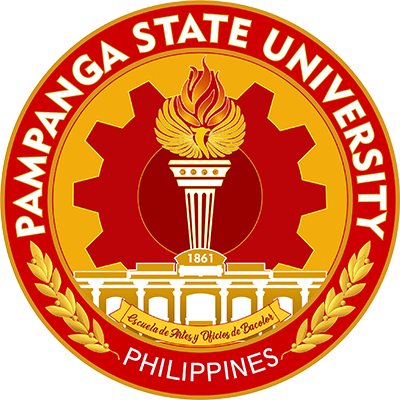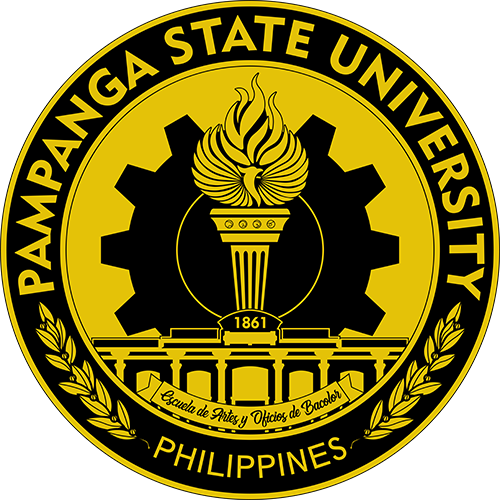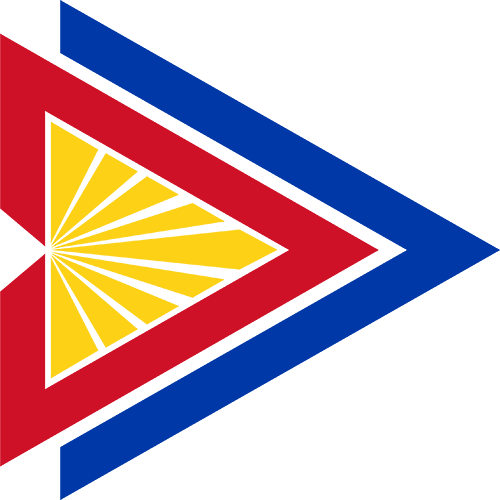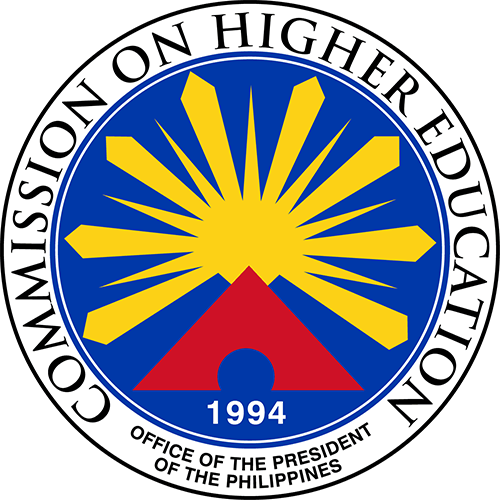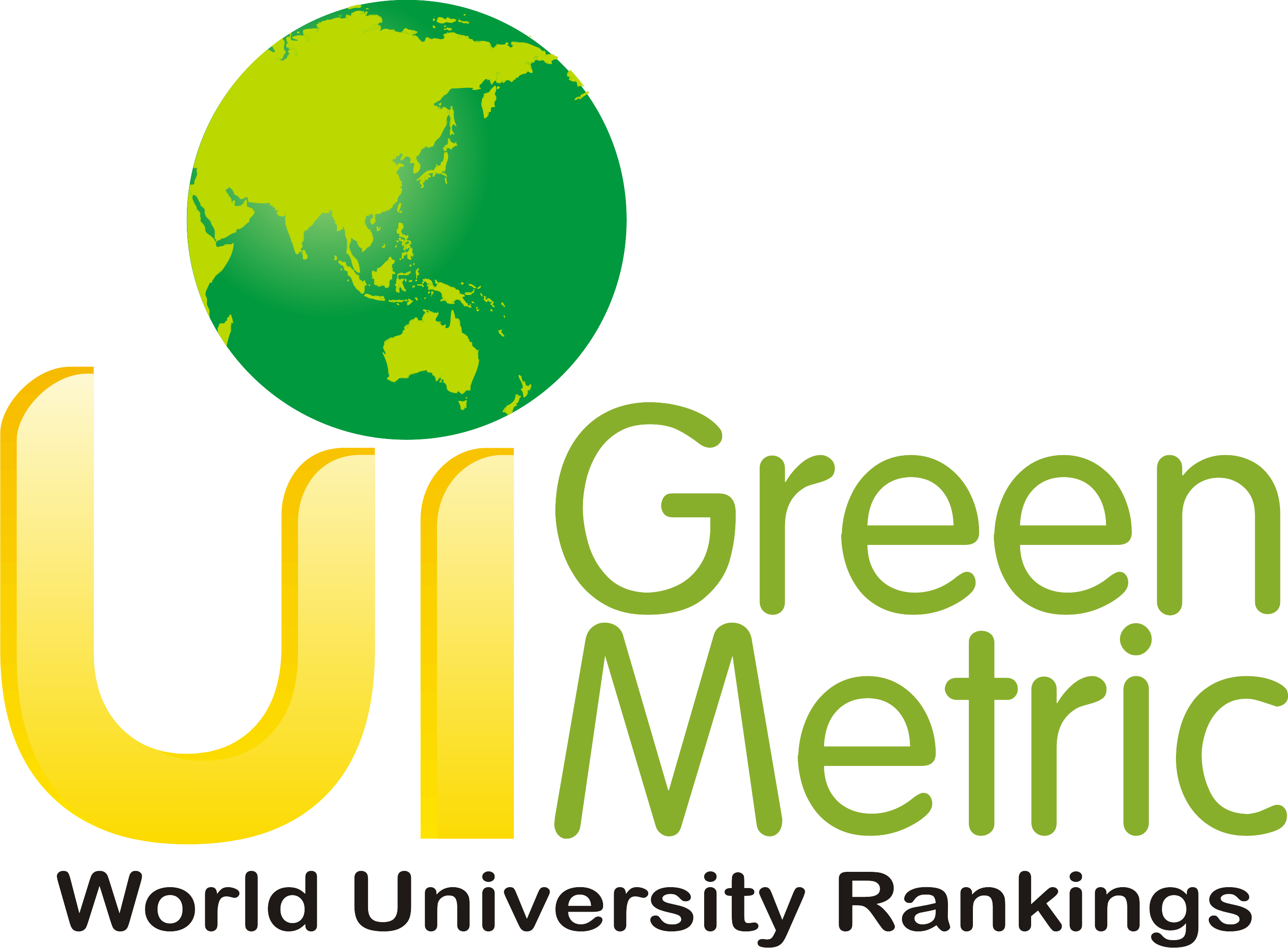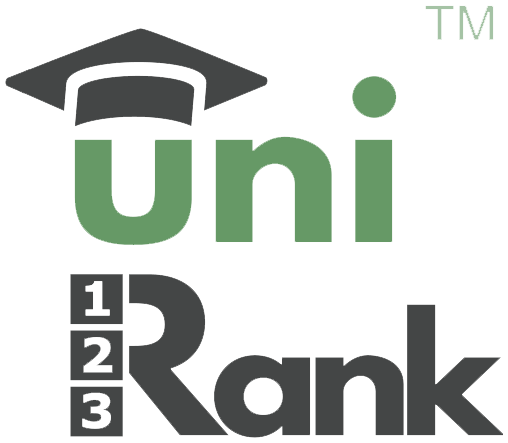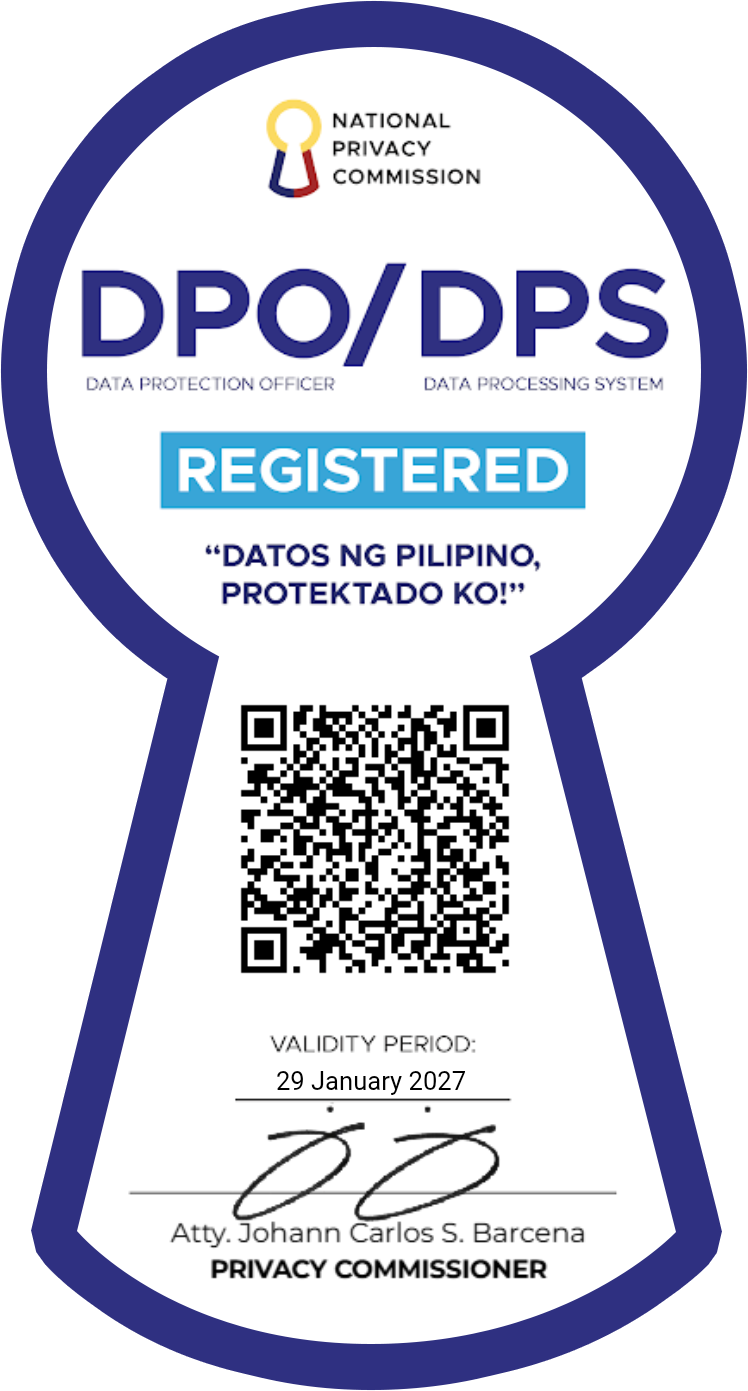On-going Extension Services
Organic Water Color Technology Transfer
The DHVSU-ESO is known as one of the units that provides community service and training programs in the region. Its main goal is to implement projects or program based on research. This research-based program is designed to help communities who are indeed eager for development and innovation.
The Senior High School department aims to extend their services to transfer the knowledge and skills to the teachers and students on how to produce an organic water color. This is a nontoxic water color that can be developed or produced by the grade school students with the use of safe plants that can be planted and seen in the backyard. This development of an organic water color is a research based action that involved the Senior High School students. This research was presented in National Research Forum that gained several good comments from DOST.
Click HERE for photos
Collective Action for Responsive Extension Services
On December 18, 2019, the faculty of College of Social Sciences and Philosophy which were consist of psychologists, counsellors and social workers set out for Imas Home for Children, a Non-Government Organization (NGO), and residential care facility for orphaned, abandoned and/or abused children, licensed with the DSWD and SEC to extend psychosocial activities through games, group dynamics and discussions which helped the team assess each child through behavioral observation.
Click HERE for photos
Livelihood Program for Unemployed through Teaching and Opportunity (LUTO)
The Project Livelihood Program for Unemployed through Teaching and Opportunity (LUTO) is a project initiated by the College of Hospitality Management as an answer for the request of Barangay San Vicente. There were several meetings before the Memorandum of Agreement signing and project preparation. The planning started from November and since Christmas was approaching the college decided to start our initial activity along with our yearly gift giving project on December 17, 2019 at San Vicente Covered court. Expected participants for the said project were the 4Ps community of barangay San Vicente.
Click HERE for photos
Project Utopia: Livelihood Capability Training in Cosmetology
Project Utopia is an extension program of Don Honorio Ventura State University Laboratory High School proposed last December 10, 2019. It aims to create wellness among communities through livelihood, literacy, sports and environment awareness, catering to various beneficiaries (students, out-of-school youth, households and leaders). The project was materialized based on the conducted needs assessment in the locale. It has been found out with zones that are declared to be indigent. Data gathered reported that most housewives do not have their source of income and are dependent to their husband as their provider. There are zones that are the declared to be indigent. This is the main reason so that these trainings are being proposed. Focusing on the priority zone, the project will focus first on one zone after the other. Through the requested activities, such as livelihood training on Dressmaking and Cosmetology will be conducted.
Click HERE for photos
Design and Development of Wireless Photovoltaic System
The study consists of development of a photovoltaic system of a remote which can be controlled and monitored using a Graphical User Interface (GUI). This paper proposes a wireless monitoring and controlling device which can monitor and control the solar powered LED (Light-emmiting Diode) lights of Guagua Community College from a remote area located at the Guagua Municipal Hall. The proposed remote-control system can optimize management and efficiency of a building’s lighting systems. It uses an interface to display the information about the current states of the LED lamps. The commands from the interface will be transmitted to the receiver of the remote building using RF transceivers. The remote building has its own transceiver to transmit the information about lamps and will be displayed at the GUI. The system uses a double-pole double-throw (DPDT) switch to switch the system from solar energy to the AC (Alternating Current) main line in case of low battery condition.
Click HERE for photos
Design and implementation of Web-Based Surveillance System Using PIR Sensor
Television (CCTV) project is to expand the means of monitoring and heighten the security using strategic design of the system within the vicinity and inside the Municipal Hall of Sasmuan, which is the urbanized core of the town.
This study focused on monitoring the first floor, specifically the hallway and entrance of the building. The system includes IP cameras which can be accessed using Internet connection and Eagle Eyes application for smart phones with IOS and Android platforms. The PIR sensor is used to detect presence of possible intruder after office hours and non-working days. The project is incorporated with back-up power source using Deep Cycle batteries for 24 hours of continual monitoring in case of a power outage.
Click HERE for photos
MILES (Mobile Integrated Learning System) for Modern Indigent Learning Experience (MILE) Program (Monicayo, Calapi Negrito, Haduan, Calumpang)
Health curriculum aims to situate the learner to be able to achieve, sustain and promote lifelong health and wellness. Grade 4-6 key stage standard situates the learner to “demonstrate understanding of how changes as s/he grows and develops impact on healthy practices to help achieve and sustain the desired level of health.” As such, one major consideration in implementing the curricula is to also provide a meaningful learning experience including those from the indigenous peoples. With the end view of promoting proper personal and environmental hygiene as promoted by Department of Education’s initiative on its health education curriculum.
The Republic Act no. 10533, known as the Enhanced Basic Education Act of 2013 firmly promotes a culture-responsive, culture-sensitive, integrative, contextualized, relevant and responsive curriculum since its initial take-off in 2013. The Modern Indigent Learning Experience (MILE) Program is also based on the Health Curriculum and the Enhanced Basic Education Act of 2013 as well since the program has its long term goal; to achieve, sustain and promote lifelong health and wellness. Further, the program has its signature approach which is culture-responsive, culture-sensitive, integrative, contextualized, relevant and responsive curriculum that covers in RA 100533.
The Department of Education (DepED) issued Order No. 10 in 2016, Water Sanitation and Hygiene (WASH). This advocates correct hygiene and sanitation practices among school children and promotes an environment conducive to learning to keep learners safe and healthy. The comprehensive WASH in Schools (WinS) Program which was stipulated in the order includes availability of safe drinking water on a daily basis, safe water for cleaning the school; adequate, clean, and functional toilets; supervised daily group hand-washing with soap and washing of teeth with fluoride toothpaste among learners; environmental sanitation; semi-annual de-worming of schoolchildren; safe practices in food handling and preparation; and effective menstrual hygiene management. The WinS three-star approach implement school-based management as a pathway for schools and stakeholders to take local action towards improving and sustaining WASH services gradually. These approach give the capacity to schools to identify their own needs; effectively introduce solutions; manage and sustain WinS; enhance stakeholders’ involvement; and mobilize local resources. The above mentioned DepEd issued order and programs relative to hygiene and sanitation are also covered by the proposed MILE program.
The Modern Indigent Learning Experience (MILE) Program is a research-based program aims to provide an up-to-the-minute involvement in learning process of the indigent (aeta) people in the community using the sophisticated system tool known as MILES.
Click HERE for photos
Upgrading Skills through ICT Program
One of the objectives of the DHVSU-UESO is to assist communities that are eager for development and innovation. As part of the extension project of the College of Computing Studies at Potrero National High School, we conducted a preliminary visit and assessed the need of the community and to check their computers that will be utilized for the “Upgrading Skills through ICT Training Program” on October 2019.
The skills to be developed among its beneficiaries one of the following:
1. File Organization and Security
2. Social Media and Etiquette
3. Microsoft Word Microsoft Power Point
4. Microsoft Excel
5. ICT Integration on Creating Instructional Material
6. Basic PC Trouble Shooting
7. Graphic Software
8. Video Editing
9. Technical Drafting and Animation
The said training was handled by different faculty members from the College of Computing Studies of the Don Honorio Ventura State University.
Click HERE for photos
The 10th Seminar - Workshop in Dance for Glocally Teachers
In reference to the invitation from the Alliance of Capampangan Choreographers in cooperation with the Division of Pampanga Sports and Sinukwan Kapampangan, the 10th Leadership Seminar-Workshop in Dance for Glocally Teachers was held on August 29-31, 2019 at the Bren Z. Guiao Complex in Pampanga
The objectives of the said Seminar-Workshop are as follows:
•To enhance the creativity and dance artistry of the participants
•To help in the preservation of our very rich cultural heritage through performances and dance lectures and lessons in conformity to K to 12 curriculum, and
•To update the participants with the current rules in Dances Sport, WUSHU and Gymnastics.
The 3 day seminar-workshop was generally successful since it was participated by more than 121 Physical Education teachers from Public and Private Elementary and Secondary schools in the division of Pampanga.
Click HERE for photos
Seminar on Public Speaking for the Philippine National Police Region III
Conducted the ‘Power Notes through Proficiency : A Seminar on Public Speaking and Technical Writing ‘ seminar among members of the Philippine National Police (PNP) on August 19 and 20, 2019 at Pana Hall, Camp Captain Julian Olivas, City of San Fernando, Pampanga.
Dr. Mark Joseph B. Layug Conducted the seminar on Basic Grammar Review on the first day while Dr. Mildred M. Crisostomo and Mrs. Grace A. Mendoza facilitated the lectures on Public Speaking and Technical Writing respectively. The said activity intend reorient and enhance the basic communication and skills of PNP officers particularly in writing and speaking. The said seminar is essential in improving their day to day written and oral discourses in work and among the members of the community where in which they serve.
Click HERE for photos
technical Assistance in Construction
The Department of Trade and Industry sought professional assistance to the College of Engineering and Architecture in the project titled ‘Construction of Two Storey DTI-3 Staff House’ at Regional Government Center in the City of San Fernando, Pampanga.
A memorandum of agreement was signed between the two parties with which each party shall provide; Department of Trade and Industry (DTI) will provide the copy of work schedule, budget and necessary documents and to ensure the safety of consultants and students during regular inspection at various phases of the construction.
Don Honorio Ventura State University through the Research, Extension and Training Services Office and College of Engineering and Architecture shall provide technical consultancy services and qualified technical and engineers to DTI-3. DHVSU. They will also conduct site inspection as requested by DTI-3 together with their representative/s, constructors at various phases to ensure that the later complies with the approved design.
The said partnership proves that DHVSU is sharing its Manpower resources to different Government agencies and private industries as well. This proves that the University is establishing strong linkages and strengthening the existence of the Extension Services Office for this is one of the major objective of the said unit.
Click HERE for photos
College of Arts and Science Medical Mission in Brgy. Duat, Bacolor, Pampanga
Now offering its own flagship courses in the field of natural sciences and pre-medicine, the College of Arts and Sciences (CAS) faculty, as part of their extension efforts, conducted a medical mission and feeding program for the residents of Barangay Duat in Bacolor, Pampanga last July 27, 2019.
More than 180 people benefited from the medical mission and feeding program, headed by CAS Dean Lucia V. Basco, MAEd and Extension Coordinator Dr. Dean Lapuz in partnership with RoyMed Pharmacy, the Municipal Government of Bacolor, and the Master of Arts in Teaching Biology students of Our Lady of Fatima University.
The medical team, composed of the volunteer doctors from the Bacolor Health Office who are rendering their service as part of the Memorandum of Agreement (MOA) with Don Honorio Ventura State University (DHVSU), were able to administer basic medical check-up services such as the checking of blood pressure, blood sugar, consultation, and prescription, all held in the school grounds of Duat Elementary School.
Click HERE for photos
Reversible Motion Gear of Swing Set for Generator
Reversible Motion Gear of a Swing Set for Generator addresses harnessing and converting unused mechanical energy into useful electrical power. This study entails the design and construction of the swing set for generator to provide electrical power from mechanical energy and will be stored into a battery acting as the secondary source. It will supply CCTV if there is a restriction with the availability of electricity.
Human powered swing generator is a way to conserve energy to produce electricity. This study entails to introduce the use of gear mechanism of the swing to generate electricity. A swing set generator can be installed in a playground. A child playing produces kinetic energy, from then this energy can be transformed to useful electrical energy. The study aims to determine the adequate gear mechanism which can convert rotational energy to electrical energy in forward and reverse direction of the swing set, thus stores in a battery and will act as the secondary source of the CCTV in Sta. Lucia Elementary School in Sta, Ana Pampanga if there is a restriction with the availability of electricity in the said locale.
Click HERE for photos
Health and Hygiene Awareness Program
Medical Mission was conducted on March 18, 2019 at Sta. Rita College together with the partner-organizations: ROTARACT Club of Dolores, Rotary Club of Dolores and Sae Song Tae Foundation. Selected faculty volunteers and the Campus Director assisted in the preparation and during the actual medical mission.
Click HERE for photos
Pico Hydro Whirlpool Turbine Electric Generator
A renewable source of energy through the use of whirlpool turbine that can charge deep cycle battery which can be utilize as a source of electricity. A deficit of electricity supply may lead to higher electrical bill that will affect both private and public consumers in the country. To keep a lower cost of electricity, the forms of electrical power must be sustainable, sufficient and clean in order to protect the environment for the benefit of the future generations. In support of this aim, harvesting energy in different forms such as solar, wind, geothermal and bio thermal has been concentrated due to the demand of people.
Click HERE for photos
Training in Basic Automotive and Engine Repair - Philippine National Police Region III
The five days training in Automotive Servicing was initiated by University Extension Service in collaboration of Industrial Technology. The program was participated by the Philippine National Police from Regional Office III in Camp Olivas headed by their superior Police Major with his men with a total of thirty-four personnel. The venue of training was conducted at the CIT automotive shop rooms last June 4-8, 2019.
Click HERE for photos
Accomplishment Reports

Image by Freepik
